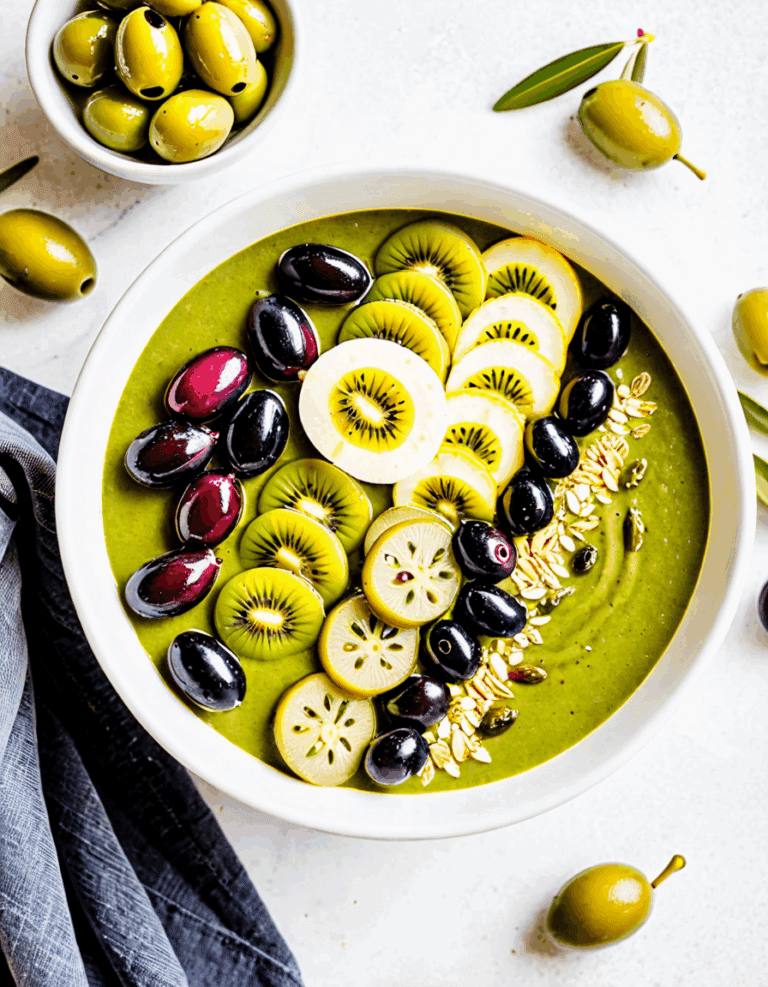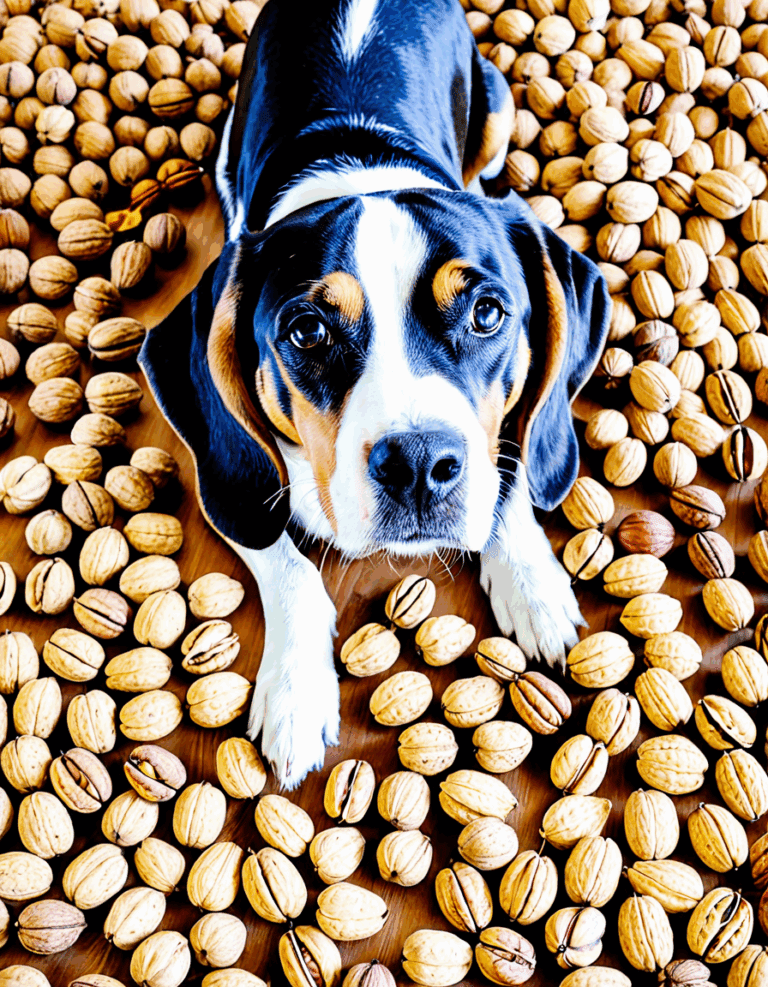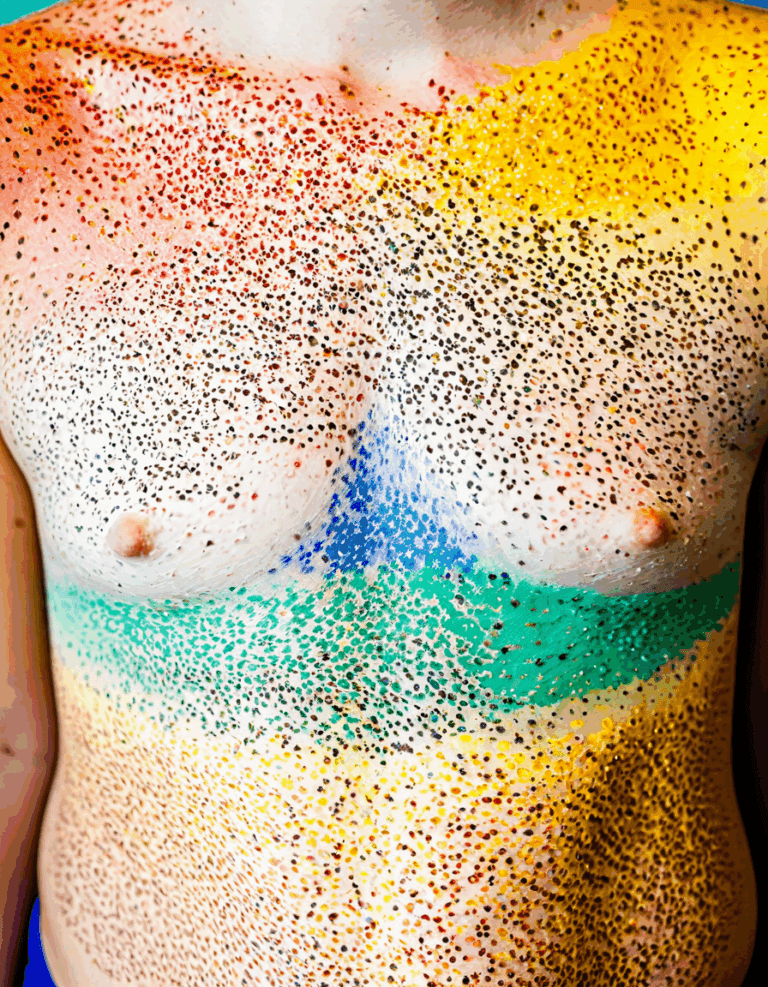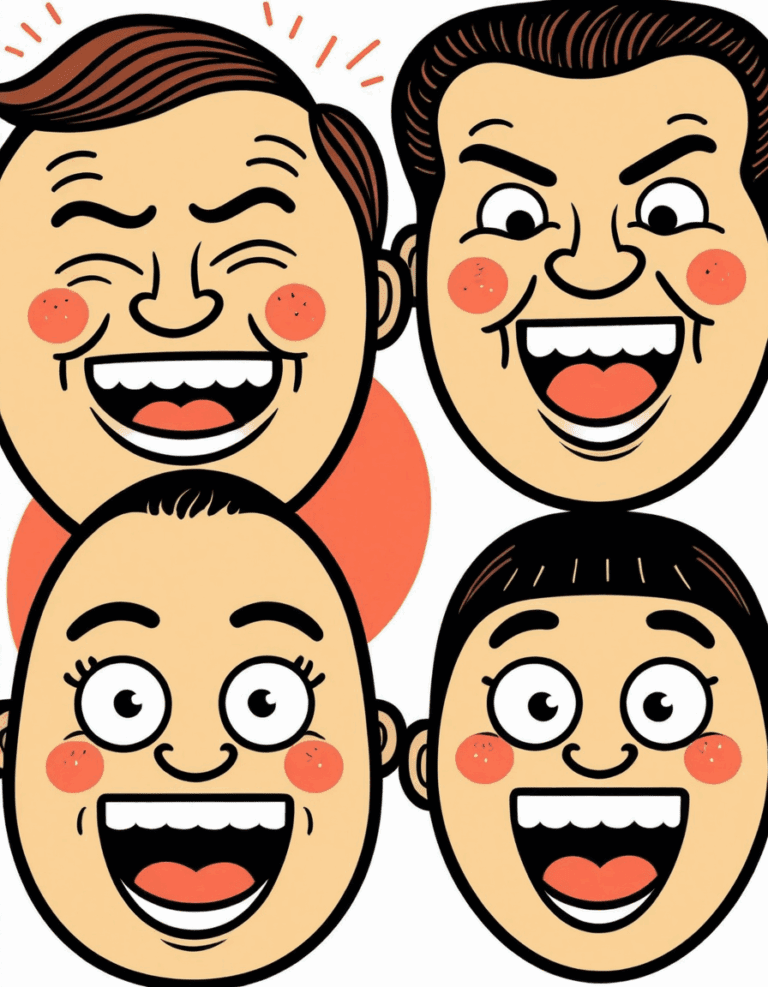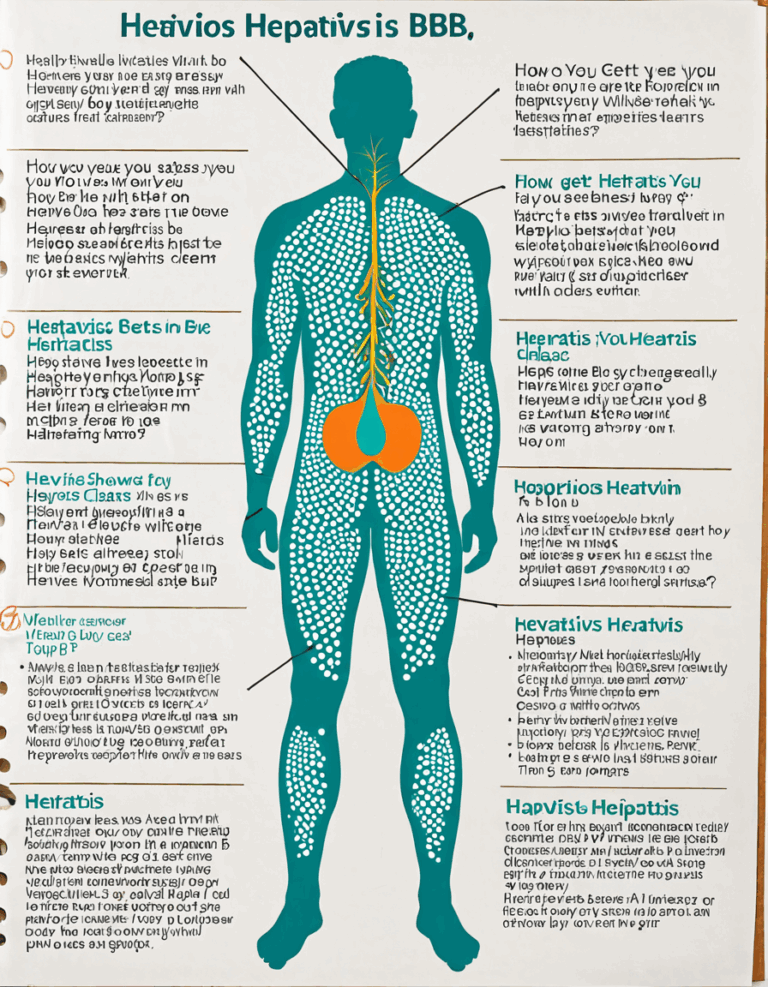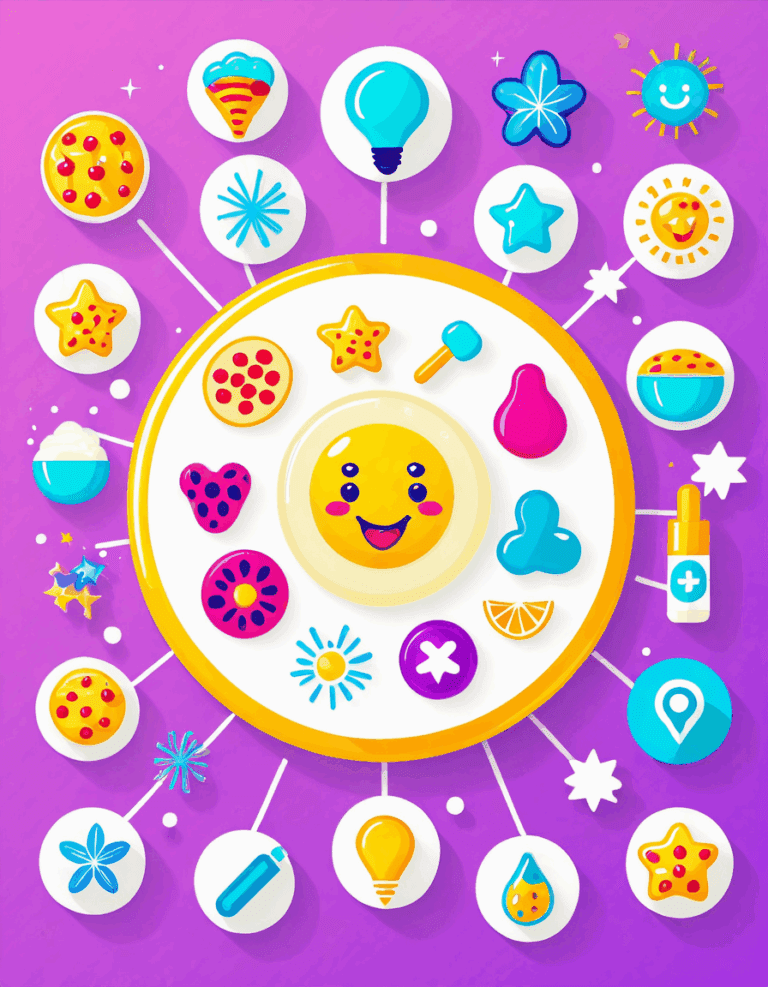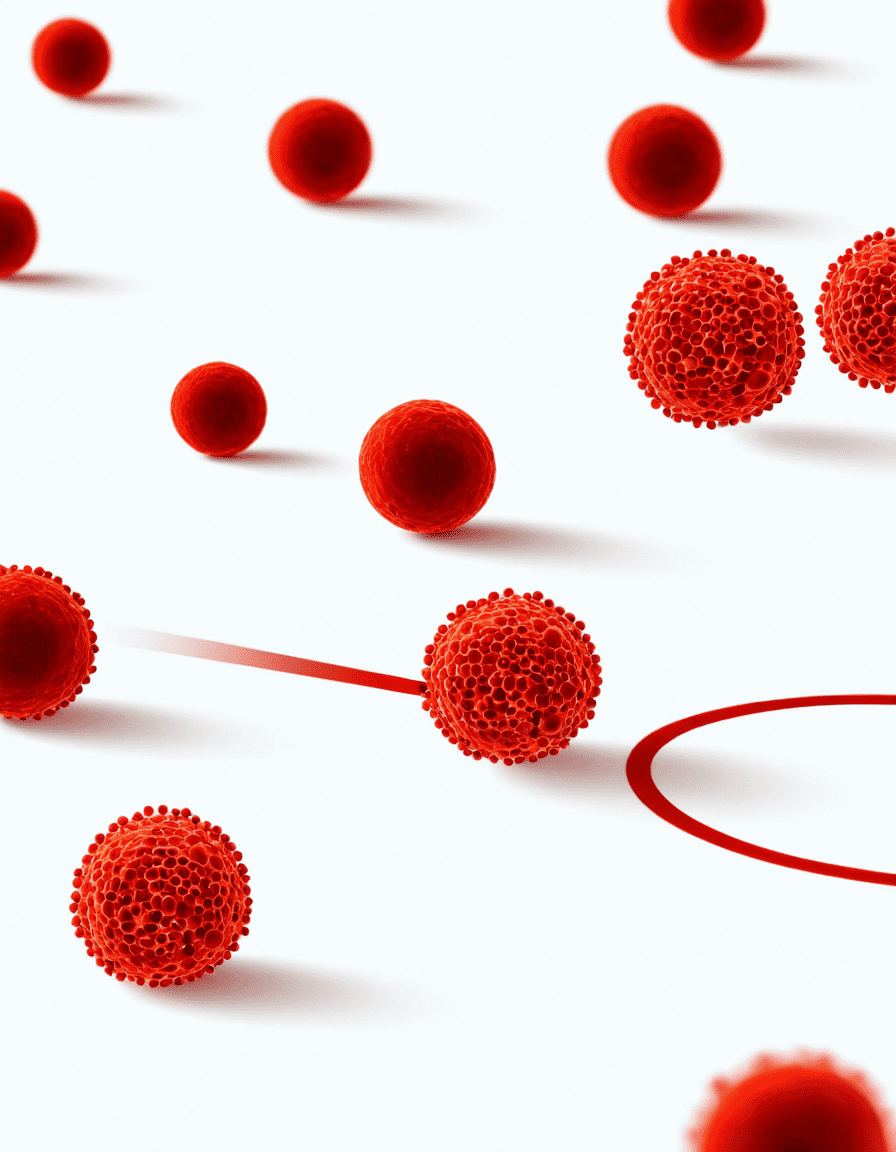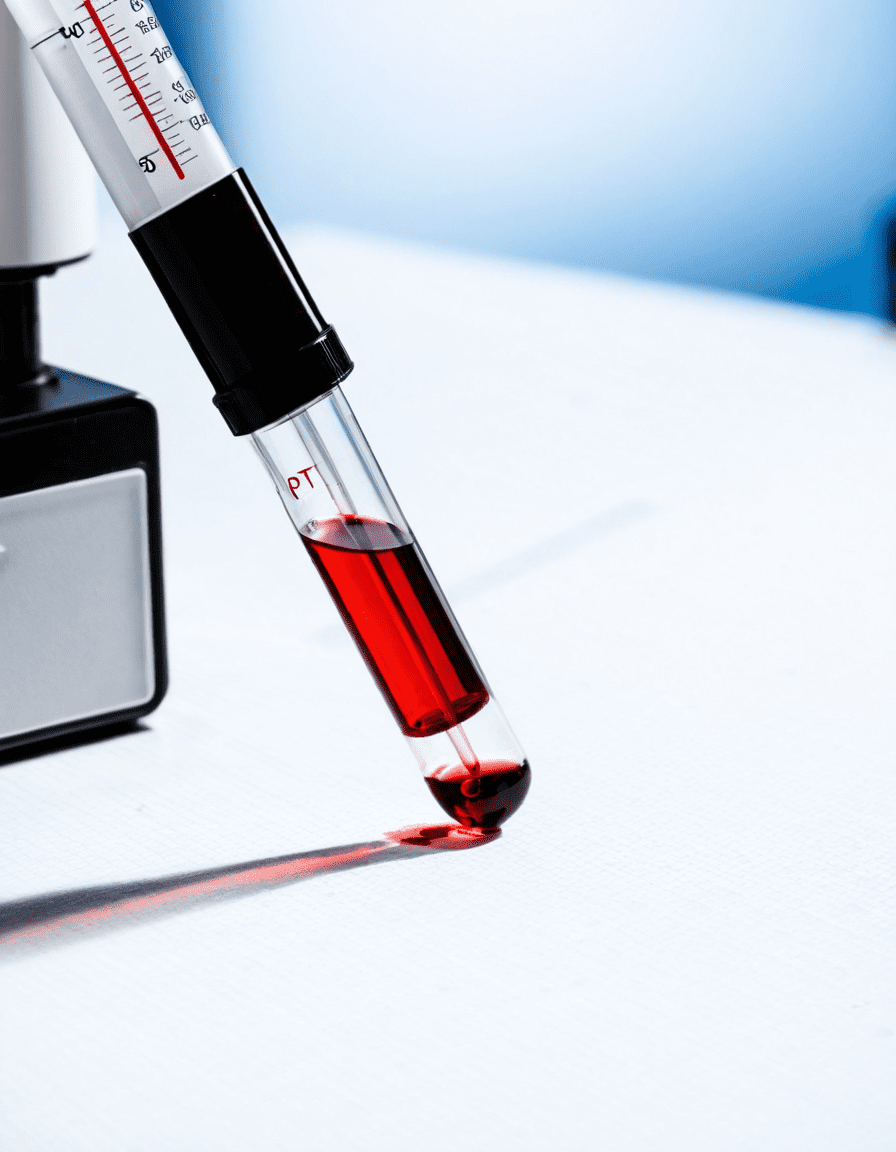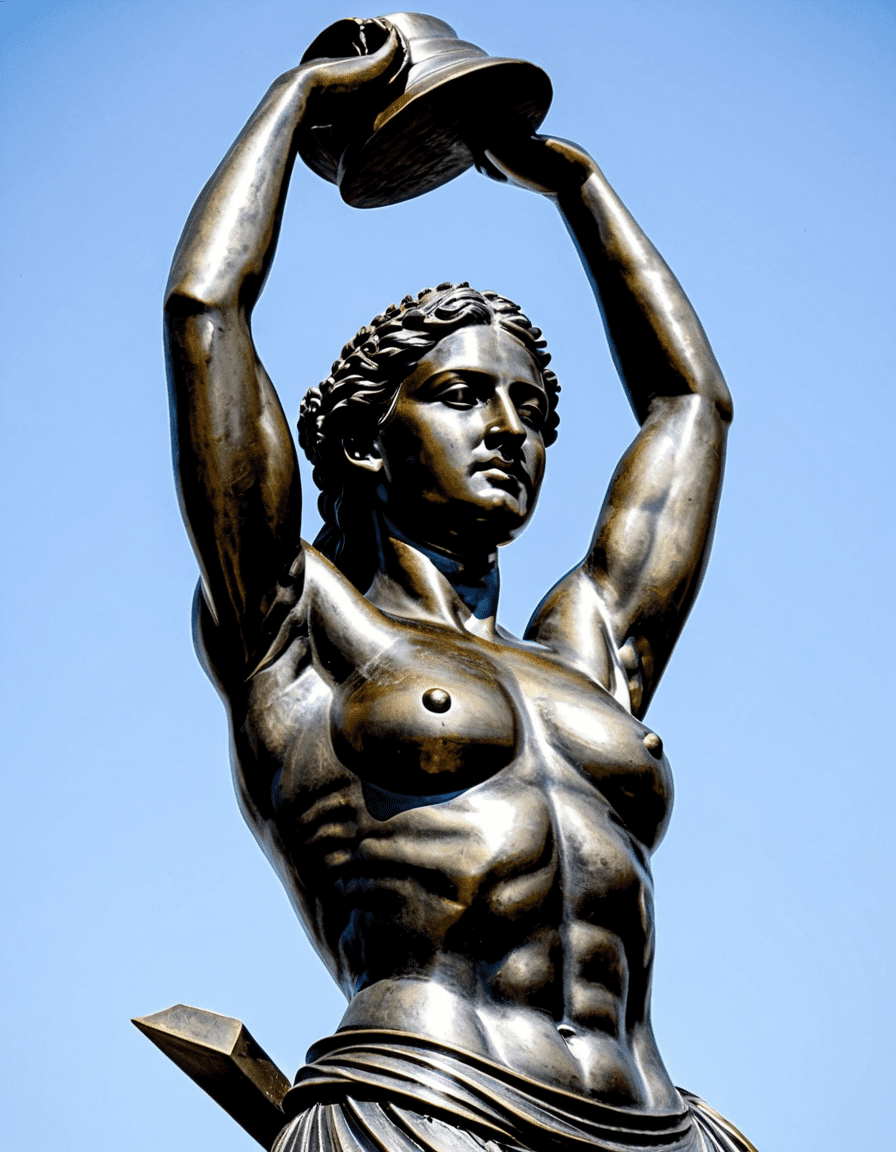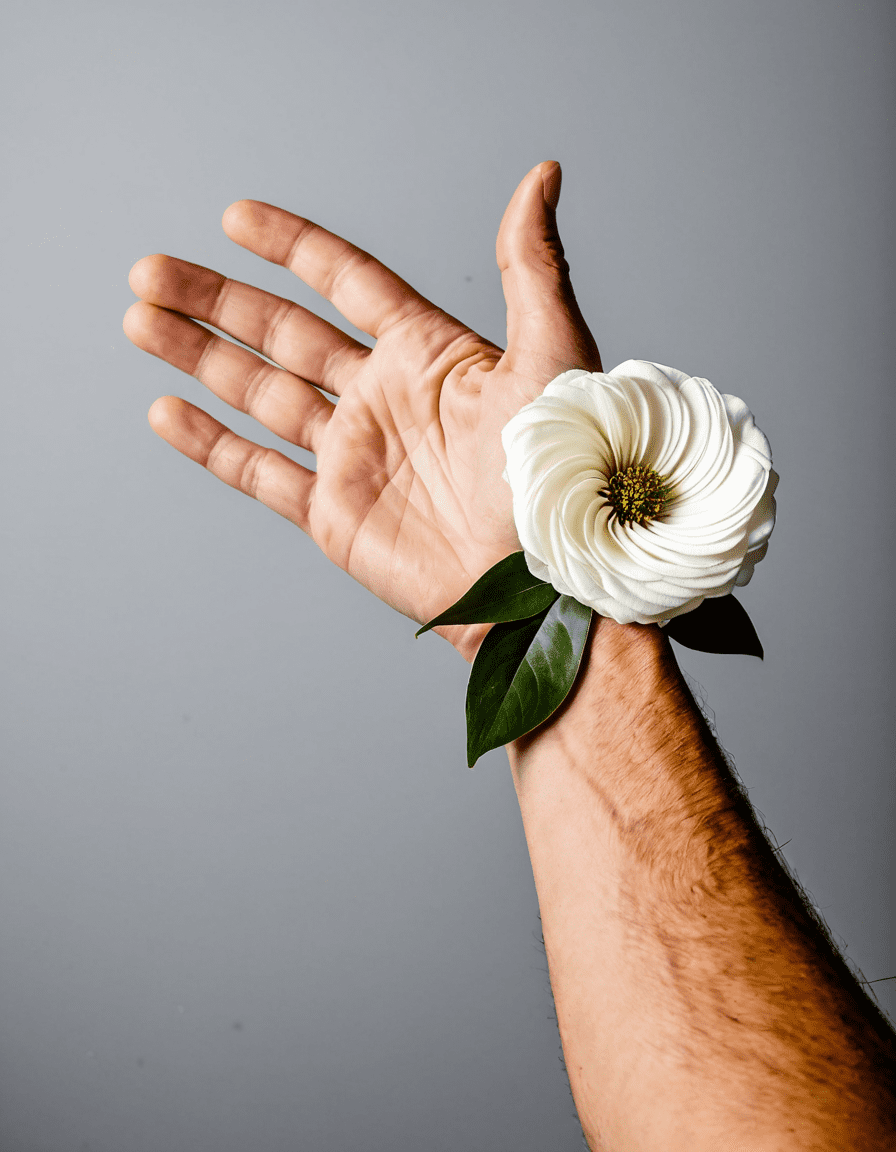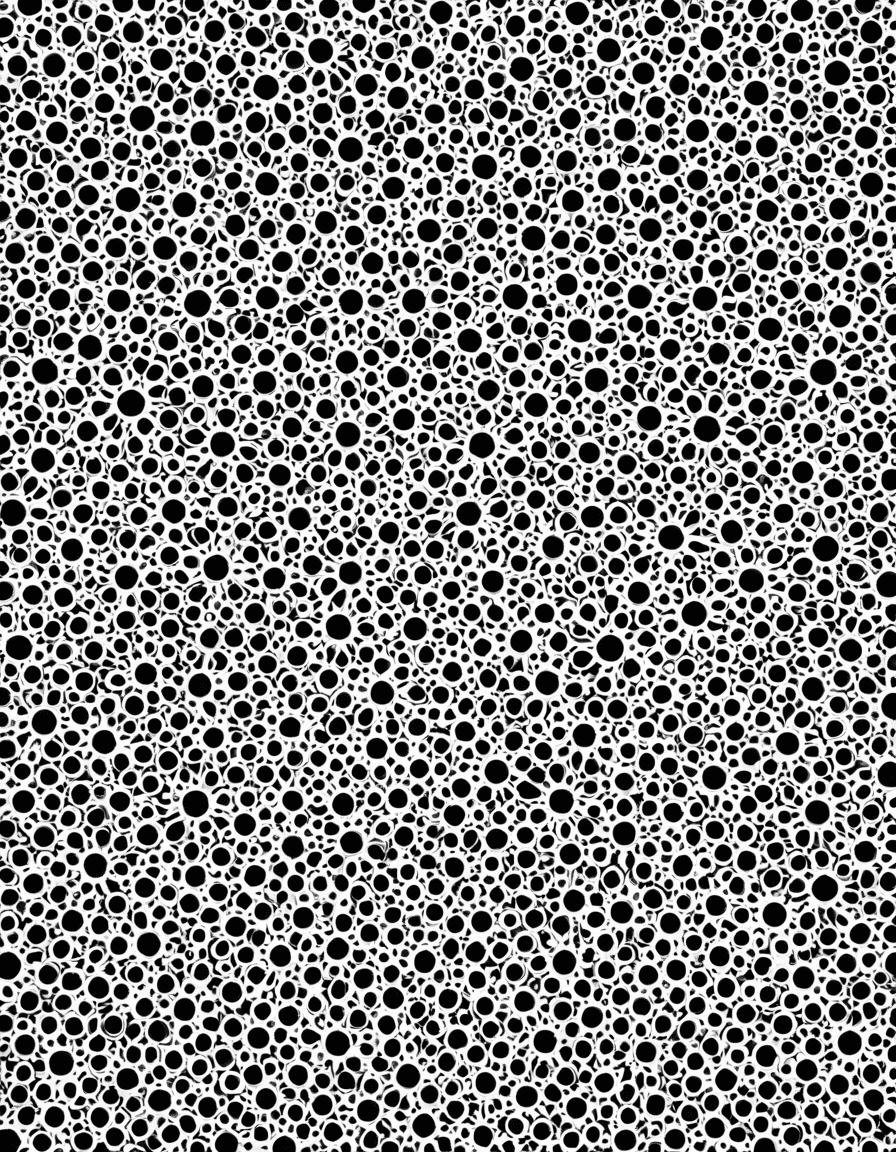When we hear the term “douche meaning,” we might immediately think of feminine hygiene products. Yet, this word has taken quite a journey through language, evolving into a term that carries significant cultural weight today. Once purely associated with washing and cleanliness, “douche” is now more commonly used in a derogatory context. This shift in connotation highlights how language reflects societal attitudes towards gender, health, and personal identity. Just like hitting the gym, understanding this evolution can help us build a solid foundation and clean up our communication.
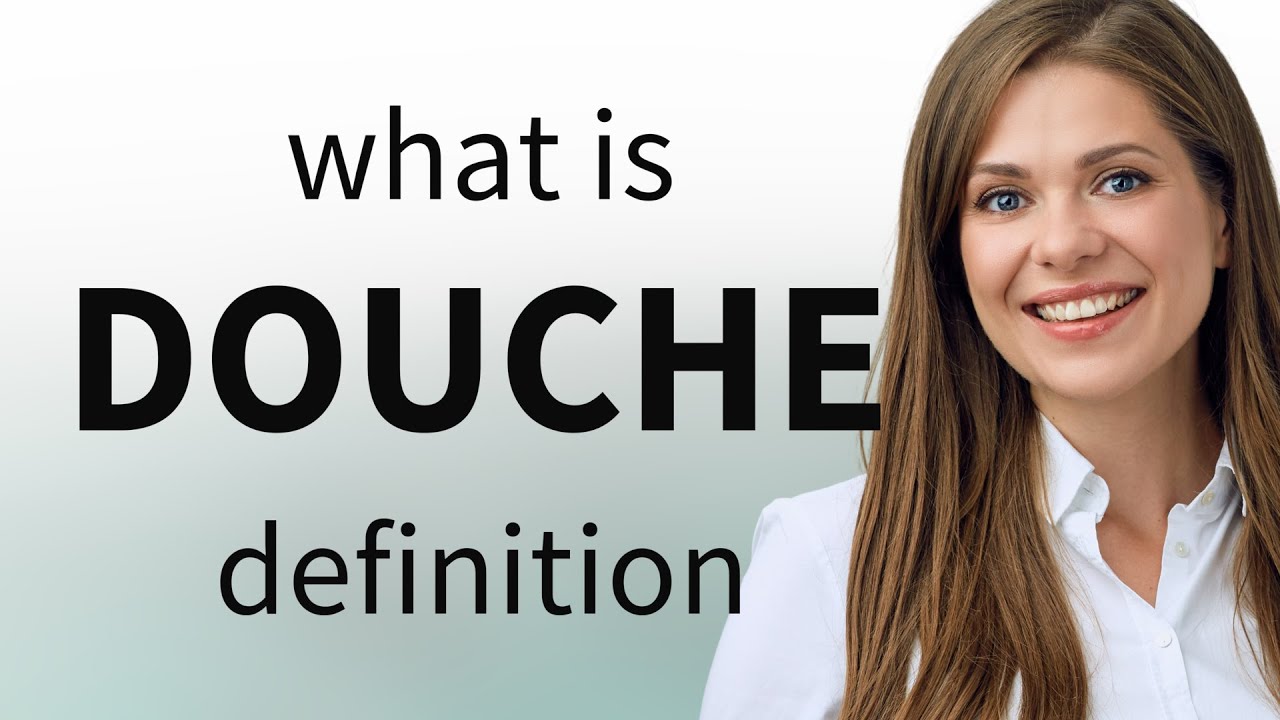
Douche Meaning: Beyond Hygiene Products
Let’s start with a bit of etymology. The word “douche” originated from the French, meaning “to rinse” or “to wash.” Traditionally, it referred to a vaginal cleansing method that many women once considered essential for cleanliness. Brands like Summer’s Eve carved their niche by marketing douching as a necessity, promoting it as an advancement in women’s hygiene. However, this approach has faced pushback in recent years.
Experts have emphasized that douching can disrupt the natural balance of vaginal flora, posing even potential health risks. It’s fascinating to see this shift as conversations about women’s health have become more prominent. Women are more informed and increasingly advocating for their well-being. As a result, the word “douche” now often appears in a negative light, a far cry from its original purpose, reflecting a cultural backlash against outdated hygiene practices.
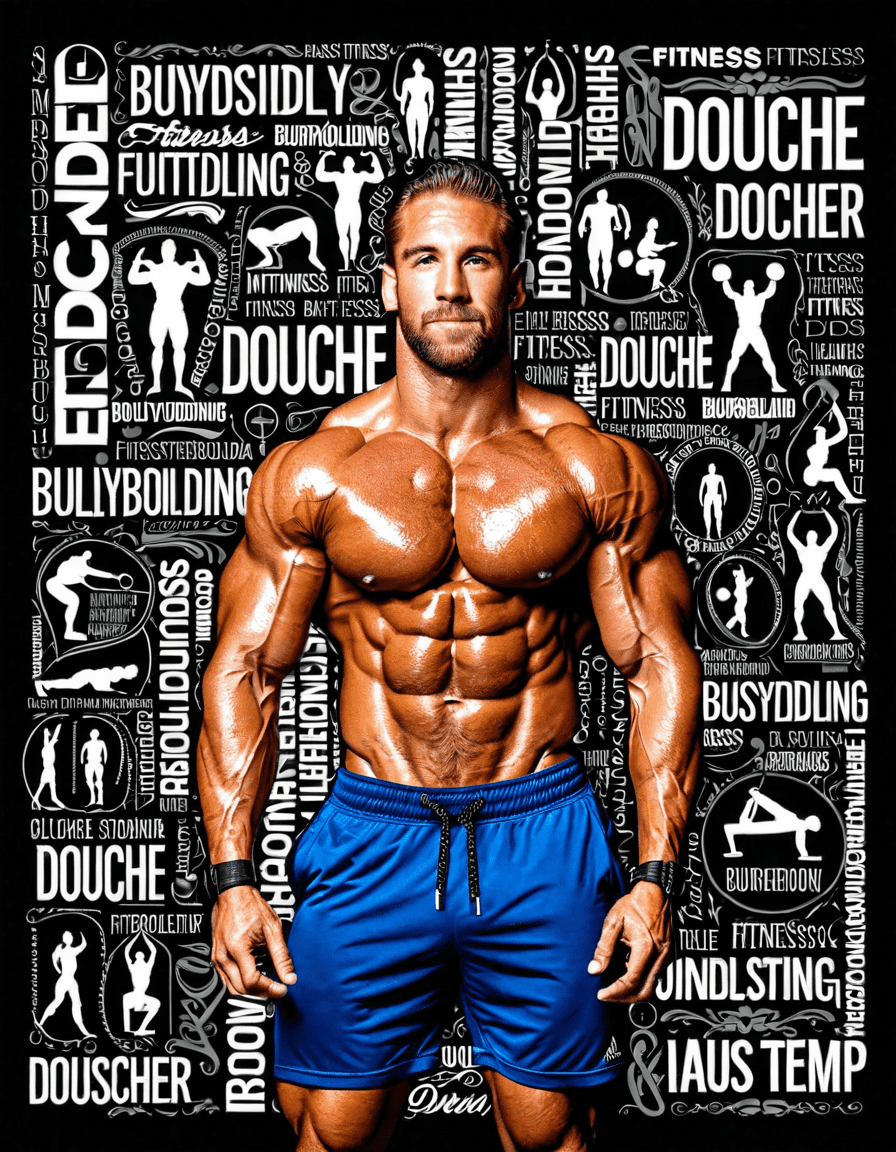
The Extended Meaning: Douche in Cultural Contexts
Moving beyond its hygiene roots, “douche” has found its way into everyday conversation, especially among younger generations. You’ll hear it tossed around in popular culture, from viral memes on TikTok to cut-throat dialogues in shows like South Park. Characters like Eric Cartman exemplify the “douchebag” stereotype, embodying arrogance and insensitivity. These representations highlight a broader societal critique, with “douche” often used more to signify social failings than hygiene standards.
Social media has accelerated this transformation. Phrases like “Don’t be a douche” have become rallying cries for maintaining respect and decency in interactions. It’s not just about hygiene anymore; it centers on behaviors and attitudes that many deem unacceptable. As such, “douche meaning” today encapsulates various behaviors that society collectively rejects.
Utilizing “douche” in various contexts shows how language can evolve and create space for new societal norms. This cultural shift reveals a movement towards greater inclusivity and awareness, challenging users to evolve as well.
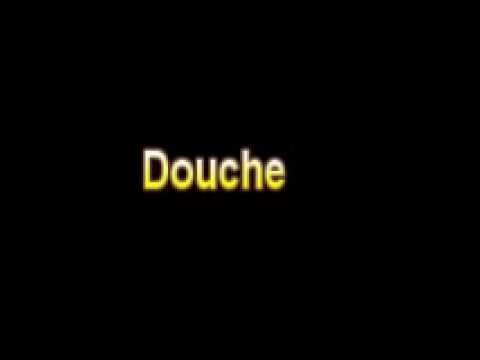
The Intersection of Key Terms: Douche, Horny, Doula, and BIPOC
Did you know there’s an intriguing interplay among the terms “douche,” “horny,” “doula,” and “BIPOC”? They intersect in discussions about health, identity, and societal expectations. Understanding these connections adds depth to our understanding of “douche meaning.”
Take “horny,” for instance. This term refers to sexual arousal, yet it often carries a stigma, particularly for women. The juxtaposition of “douche” with “horny” reveals societal double standards, where women’s sexual expressions face more scrutiny than men’s. By contrast, the term “doula,” which represents a supportive figure during childbirth, reinforces the importance of empowerment and agency in female health.
Then we have “BIPOC,” which stands for Black, Indigenous, and People of Color. It has become a crucial part of discussions surrounding inclusivity and representation. The connections between these terms show how masculinity often intertwines with derogatory language while “BIPOC” pushes for broader social acceptance. Together, they paint a complex landscape of language that addresses hygiene and identity, and how these notions shape our perceptions.

The Importance of Language: Reflections on Douche and Society
Language is a powerful tool, and its evolution can reshape our understanding of ourselves and others. The term “douche” epitomizes how words can undergo transformation to reflect broader cultural attitudes about health and gender roles. Analyzing its usage helps us glean insights about our society, often revealing underlying biases or preconceived notions.
One key area of focus is health discourse. Advocacy groups are working hard to challenge outdated hygiene practices, with campaigns educating women about the risks associated with douching. Organizations like Planned Parenthood have spearheaded efforts to change how we talk about women’s health, emphasizing empowerment and informed choices. Their campaigns seek to reclaim the conversation and reframe it in a way that supports wellness and understanding.
Meanwhile, social movements advocating for women’s rights have drawn attention to the issue of derogatory language. They argue that using “douche” as slang reinforces harmful stereotypes about female behavior. The prevailing message is clear: words matter, and if we’re striving for a healthier, more inclusive society, we must choose them wisely.
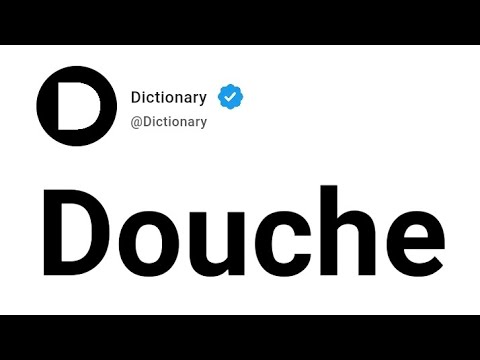
Reflecting on Douche: A Call for Sensitivity
In examining the layers of “douche,” we realize that language does more than describe; it shapes beliefs and attitudes toward health, gender, and culture. As society evolves, so should our vocabulary. Understanding the unexpected truths behind “douche” cultivates a compassionate environment for discussing sexuality and health.
We ought to recognize that our language carries weight. By addressing phrases and terminology, we contribute to a culture that embraces respect and understanding. As we work to dismantle harmful stereotypes, let’s use language to uplift rather than diminish. In doing so, we foster dialogue that’s built on mutual respect and an unwavering commitment to representing diverse identities.
In the fitness world, just like in life, we need to lift each other up. As you pursue your journey toward getting shredded, gaining muscle, and rocking that ripped six-pack, remember the power of words. They can inspire change, forge connections, and create an environment where everyone feels included. So, let’s move forward positively, always striving for health and strength within ourselves and the world around us.
Whether you’re hitting the gym, looking to educate those around you, or just trying to grow as a person, being thoughtful with our words can take us to new heights. Let’s embrace this challenge together for a fitter body and a stronger community.
Douche Meaning: The Unexpected Truth Behind Its Usage
The Origins and Surprising Uses
The term “douche” has roots that stretch back to the French word meaning “to wash.” Today, it often gets a bad rap, primarily associated with feminine hygiene products. However, it also finds its way into various slang contexts. Did you know that beyond just hygiene, the word can also be a derogatory term? It’s like when you hear of an explosion in downtown Seattle—it grabs attention but can also signal chaos. Language evolves similarly; its meanings can shift dramatically over time.
Interestingly, “douche” is used in some medical contexts too. For instance, understanding PID symptoms can shed light on why some might turn to douching as a solution, albeit not always the right one. The medical community has warned against it because it can disrupt the natural balance. If you think that’s unexpected, consider how slang evolves—take “you’re next movie” as an example of how phrases can morph and shift around culture over time.
Language Evolution and Culture
As slang continues to spread like wildfire, new meanings emerge. For instance, in some circles, “douche” is simply used to describe an arrogant person. Just picture that pompous guy in a film like JJ from Outer Banks—you know the type! This casual usage serves as a reminder that language is a living entity, constantly adapting to social nuances. It’s a bit like understanding CHS symptoms, where context plays a critical role in determining meaning.
The importance of context can also be seen in conversations about douching itself. Many women may not be aware of the average age of menopause and how changes in their bodies naturally adjust their hygiene needs. It’s all interconnected, showing just how essential it is to adapt language and understanding to fit our experiences and background. Speaking of adaptable terms, how many of you know that fluke meaning can refer to unexpected outcomes? Just goes to show, there’s always more than meets the eye!
Trivia That Surprises
Here’s a fun fact: In the quirky town of Santa Rosa, NM, you’ll find some of the most diverse slang usages, including regional terms for hygiene and well-being. And while you might think of a douche as a product, it also springs up in sports debates, like the rivalry in Universitario vs club matches—passion often brings out intense language! Language plays a pivotal role in expressing emotions, be it in sports or life.
Lastly, ever thought about how movies portray language and its nuances? In horror flicks like You’re Next, characters often toss around slang in dramatic ways that amplify tension—and you might even catch the word “douche” sneaking in there! It’s all about connection and engagement, much like how we navigate language through our ever-changing social landscape. So, the next time you hear “douche,” remember—it’s got layers!


